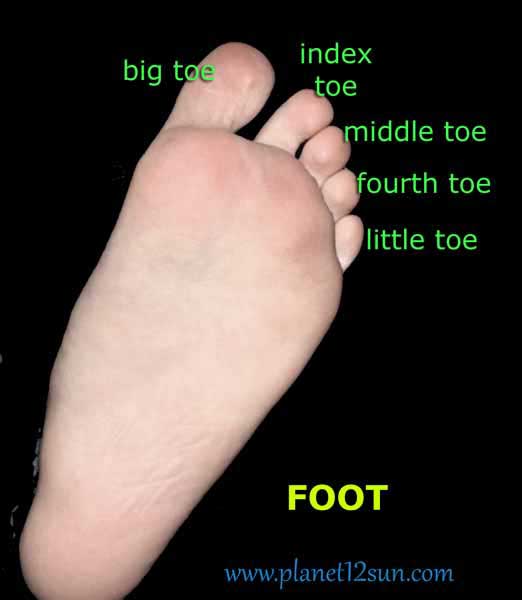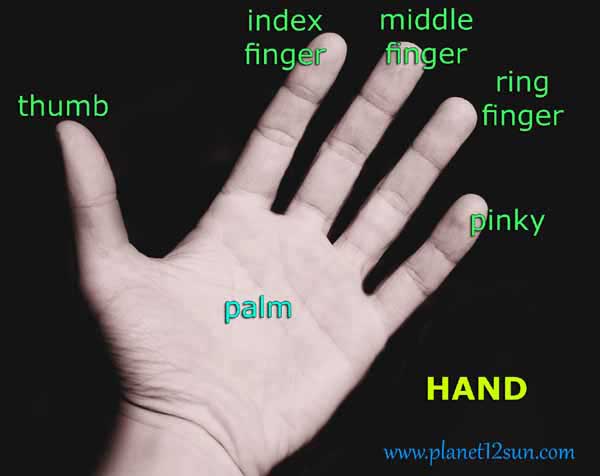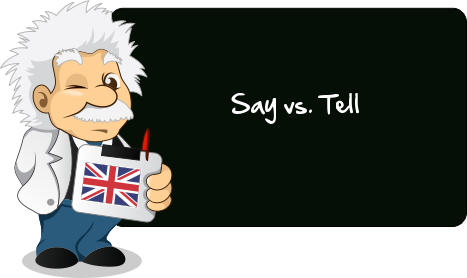Listen or hear? Do you know which word to use? These verbs may seem the same, but we use them differently in English.

To listen, is quite an active thing. You’re really concentrating when you’re listening to a piece of music, really thinking about it as you’re listening.
To hear is a little bit more passive. You sort of receive the soundwaves into your ears, whether you decide to or not.
Now beware of the pronunciation of the word listen! It has a silent T!




